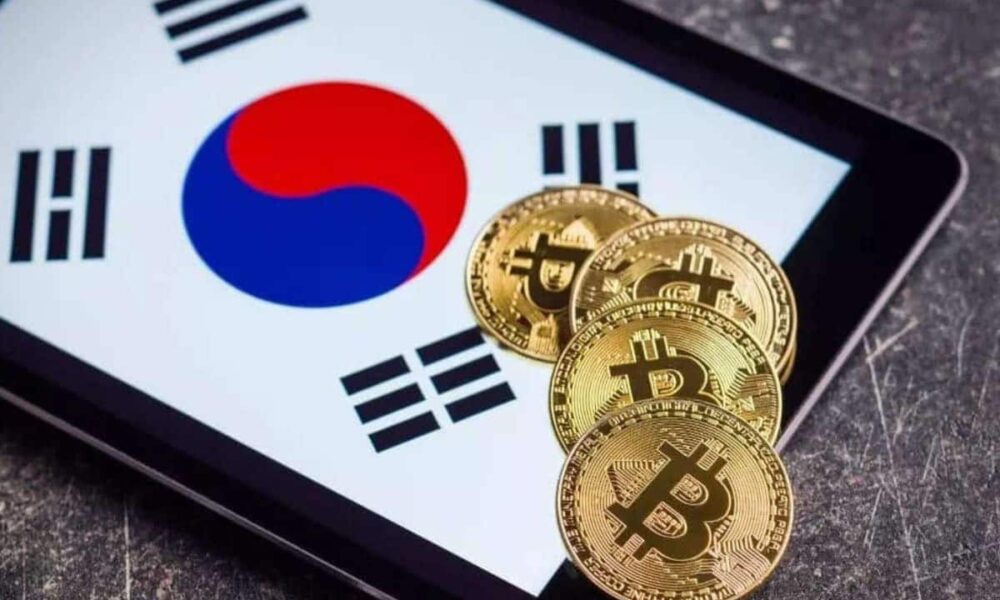Altcoins
South Korean Exchanges Pledge to Protect Altcoin Trading Amid New Regulations, Here’s Everything

South Korea’s cryptocurrency market is bracing for major changes as new investor protection rules are set to go into effect. The country, known for its vibrant altcoin trading market, is set to implement the Virtual Asset User Protection Act on July 19. The impending regulation has sparked much discussion within the crypto community about its potential impact on digital asset trading.
South Korea holds a prominent position in the global cryptocurrency market, with the Korean won recently surpassing the US dollar as the most widely used currency for cryptocurrency trading. Around 10% of the country’s population is exposed to digital assetswith smaller coins making up the bulk of trading rather than market leader Bitcoin.
Stock exchanges’ response to new regulations
In response to upcoming regulations, South Korean Cryptocurrency exchanges are taking proactive steps. The Digital Asset Exchange Alliance, an industry trade body, has announced plans to review 1,333 altcoins over the next six months. The review is aimed at ensuring compliance with the new Virtual Asset User Protection Act and allaying concerns that the regulation could quickly stifle speculative trading in small digital assets.
The alliance said that “immediate mass delistings are unlikely” due to the extended evaluation period. Additionally, all new token listings will be evaluated in the context of the new law once it comes into effect. This measured approach suggests a gradual implementation of the regulation rather than an abrupt change in the market.
The new legislation was partly prompted by the collapse of Luna in 2022 and TerraUSD tokens, created by a South Korean entrepreneur Do Kwonwhich has resulted in more than $40 billion in losses. While the law is intended to protect investors, it risks increasing operational costs for exchanges like Upbit, one of the world’s leading cryptocurrency trading platforms. The move illustrates the ongoing balance between protecting investors and maintaining South Korea’s vibrant cryptocurrency trading culture, particularly in the altcoin space.
Read also : Central Bank of the Bahamas Sets 2-Year Target for CBDC Integration
Legal Developments in the Cryptocurrency Sector in Korea
In a significant legal development, the Seoul High Court has overturned an earlier ruling in a dispute involving Fantom Foundationa major blockchain platform. The court dismissed all of SikSin and Ahn’s claims against Fantom, reversing an earlier decision that had awarded the plaintiffs more than 198 million FTM tokens.
The case involved agreements to implement Fantom’s technology in the South Korean food industry. The High Court found that SikSin and Ahn had failed to meet their contractual obligations, including integrating Fantom’s technology and producing a viable technical document for the Lachesis protocol. The court also found evidence of plagiarism in the plaintiffs’ work.
Fantom CEO Michael Kong welcomed the decision, while the company’s legal team highlighted the complexity of the case. The decision is expected to impact how blockchainBlockchain-related disputes are being handled in the South Korean legal system, particularly those involving cross-industry applications and intellectual property issues. This sets a precedent for future cases in the rapidly evolving intersection of blockchain technology and traditional industries.
Read also : Coinbase Cites Binance Case for Interlocutory Appeal in SEC Lawsuit
